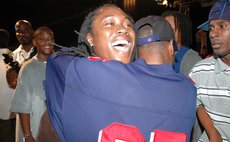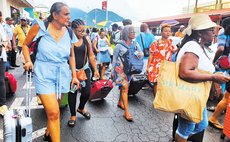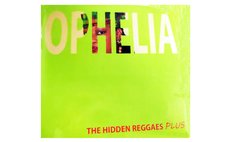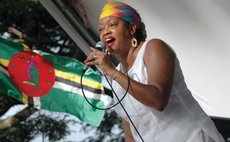There's no local music industry—Dada says
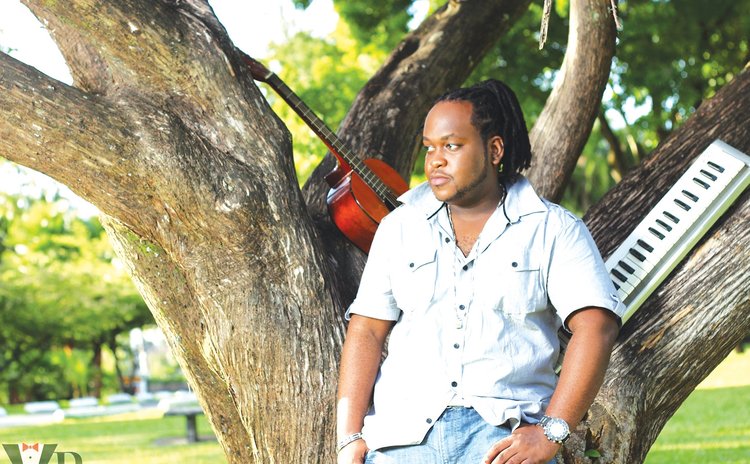
Outspoken music producer Krishna 'Dada' Lawrence puts it bluntly: Dominica doesn't have a music industry.
Dominica has a "seasonal music vibe". And, yes, the local music scene has a lot of potential. But do the goings-on in local music comprise an industry? No! Dada insists.
And he is adamant.
Nothing meaningful is happening in local music, he says, adding that when Carnival is over, local music consumption ends too.
This situation will continue until the pre-Independence celebrations start in October. Then, interest in local music will suddenly revive and another music season will begin.
This profile definitely does not fit that of a national industry, Dada contends. There's no organisation; no structure.
If there's a genuine local music industry, he argues, it would be treated in a structured way, like agriculture or tourism and he would see a clear, sustainable music development plan.
If such a plan exists, Dada doesn't see evidence of it. And it's not that he expects Government to simply throw money at musicians.
But if anything fruitful is happening in local music, then it should be clear for all to see, Dada says, especially persons like him at the heart of the local music business.
He thinks Government would be more supportive if persons involved in local music unite, organize and network as this would show structured movement in the field of music.
Government cannot use music as a tool for economic growth in its current state, Dada says, because "Government can't take advantage of 'NOTHING'— There's nothing going on!"
Nevertheless, he thinks it's possible for a shrewd person to make a living solely from the local music business; one doesn't have to be in a specific space to take advantage of any market, he says.
But he suggests that local artistes should stick to the main Caribbean music genres -- Soca, Reggae and Zouk—to be more marketable and make quicker progress in their careers.
Good preparation must be a top priority for local performers, Dada says. They must produce the right material, stay on top of their game and produce the music their target markets want.
Be sharp, Dada recommends. "Don't wait until you get the baton…" he says, because failure to prepare is failure to succeed.
Musicians should never stop trying to develop themselves, he warns, because their business is competitive, vicious and cutthroat.
Dada maintains that there's a lot of excellent talent in local music and, even if certain artistes' music doesn't suit all tastes, it's is all about who can see and seize opportunities.
He suggests that local songwriting needs to be developed as an art form. In his opinion, Calypso is the only local music genre that that consistently meets international standards. Taking aim at Bouyon in particular, Dada notes that the genre no longer commands the respect it once did. "Every other song I hear is almost garbage."
"The artistes are supposed to create for the patrons . . . looking at the fans to tell them what to create," he says. But he believes they stopped listening and it's a "whole confusion".
"When you write proper songs, the songs will last," he adds, and that's why Calypsos have more success.
Dada believes Dominica erred by failing to put the pillars of a music industry in place since the 1970s.
And Government cannot be blamed entirely for the state of local music, he says, because some of the blame must fall on artistes who sing "nastiness" and produce untidy work.
In his view, local music is generally in poor shape, which means that the island's music product is poor and, in particular, Bouyon bands are producing vulgar, substandard music.
Not one to pull punches, Dada declares that recent progress in Dominican music has been minimal, so a dramatic improvement is required and musicians need to reach out to the appropriate markets in order to generate traction.
